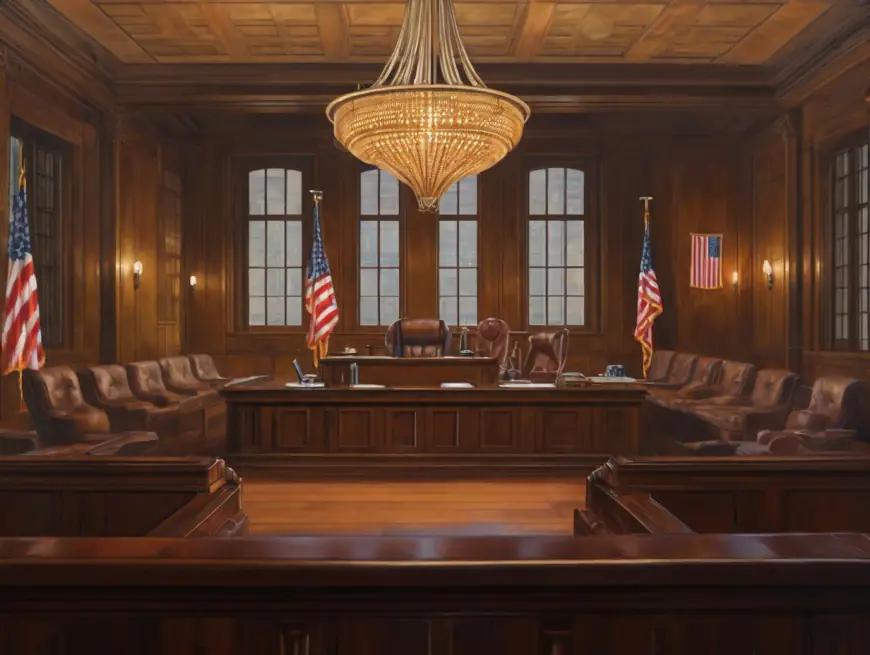Pending Supreme Court cases pose potential regulatory shift
Two pending cases before the Supreme Court of the United States (SCOTUS) have captured the cryptocurrency industry and regulatory experts’ attention. Loper vs. Raimondo and Relentless, Inc. vs. the U.S. Dept of Commerce aims to address the extent of federal agencies’ discretionary powers, particularly concerning cryptocurrency regulation. These cases could have far-reaching implications, potentially limiting […]

Two pending cases before the Supreme Court of the United States (SCOTUS) have captured the cryptocurrency industry and regulatory experts’ attention. Loper vs. Raimondo and Relentless, Inc. vs. the U.S. Dept of Commerce aims to address the extent of federal agencies’ discretionary powers, particularly concerning cryptocurrency regulation. These cases could have far-reaching implications, potentially limiting agencies’ authority like the U.S. Securities and Exchange Commission (SEC) and fostering a more defined regulatory environment for the crypto industry.
At the heart of these cases lies the concept of Chevron deference, a legal principle established in the 1984 case Chevron vs. Natural Resources Defense Council. This principle allows federal agencies to interpret and enforce laws unless their actions are deemed unreasonable. It grants agencies like the SEC significant leeway in determining how to apply existing laws, particularly in areas where Congress has not provided explicit guidance.
For the crypto industry, the Chevron deference has resulted in regulatory uncertainty, with the SEC wielding considerable power in classifying digital assets as securities or commodities. Critics argue that this broad discretion has stifled innovation and driven businesses offshore in search of clearer regulatory frameworks. Coinbase CEO Brian Armstrong has been vocal about the detrimental effects of unclear regulations on the industry, emphasizing the need for greater clarity and precision from lawmakers and regulatory bodies.
Industry response and implications for crypto regulation cases
The crypto community awaits the outcome of these Supreme Court cases, as they could signal a significant shift in how cryptocurrency is regulated in the United States. If the Court limits the Chevron deference precedent, it would force agencies like the SEC to adhere more closely to congressional intent, providing greater clarity and stability for businesses operating in the digital asset space.
The July 2023 ruling in the Ripple case, which determined that XRP is not a security when sold on retail digital asset exchanges, provided a glimmer of hope for the industry. However, broader regulatory uncertainty persists, hindering innovation and investment in the U.S. crypto market.
A potential turning point for crypto regulation
As the Supreme Court deliberates on these critical cases, the future of cryptocurrency regulation in the United States hangs in the balance. While the outcome remains uncertain, the potential implications are significant. Limiting the Chevron deference precedent could pave the way for clearer digital asset laws and regulations, fostering innovation and growth in the burgeoning crypto industry. Conversely, maintaining the status quo could perpetuate regulatory ambiguity, impeding progress and stifling investment.
In the coming months, stakeholders across the crypto ecosystem will closely monitor developments within the Supreme Court, recognizing the profound impact these cases could have on the industry’s trajectory. Regardless of the outcome, one thing is clear: the resolution of Loper vs. Raimondo and Relentless, Inc. vs. the U.S. Dept of Commerce will shape the future of cryptocurrency regulation in the United States for years to come.
What's Your Reaction?







































































































